Inflation likely eased to near 6-year low in July–poll
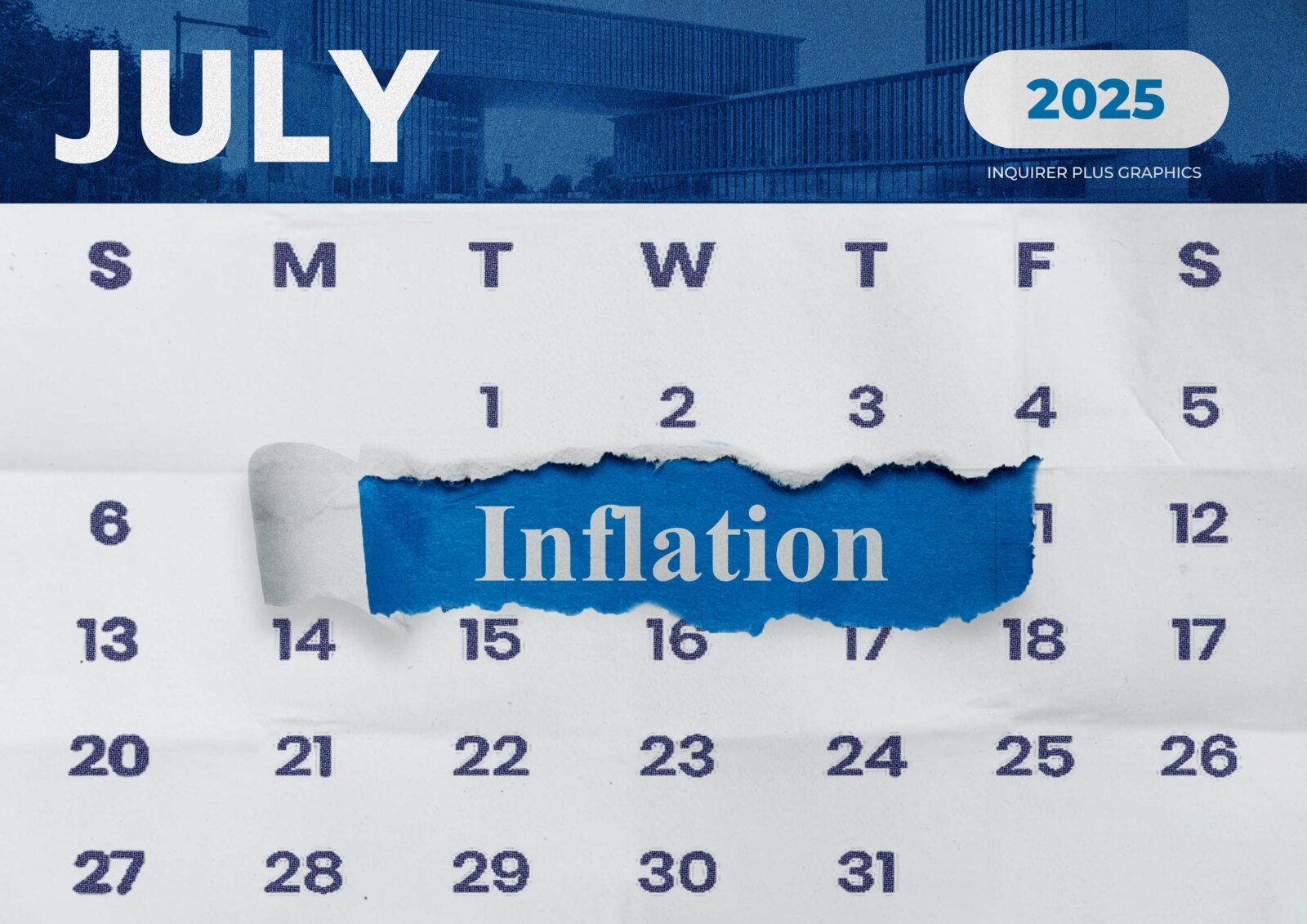
Philippine inflation likely cooled further in July, potentially hitting a near six-year low, as falling rice prices may have offset gains in fuel and energy costs.
The consumer price index (CPI) may have risen 1.1 percent from a year ago, according to the median estimate of 13 economists surveyed by the Inquirer. That would be slower than June’s 1.4 percent and mark the weakest price growth since October 2019’s 0.6 percent.
The Bangko Sentral ng Pilipinas (BSP) projected an even lower reading, forecasting last month’s inflation to land between 0.5 percent and 1.3 percent.
While projections varied widely, all analysts in the poll and the central bank agreed inflation likely remained below the official target range of 2 to 4 percent for a fifth straight month. Official data from the Philippine Statistics Authority is due on August 5.
Miguel Chanco, an economist at Pantheon Macroeconomics, said food inflation likely “fell further, and into the red outright, albeit only modestly.” He penciled in a 0.7 percent rise in the CPI, the lowest estimate among analysts surveyed.
Economists at Chinabank Research, who predict July inflation to have decelerated to 0.9 percent, said softer prices of rice—a Filipino staple—as well as fruits and cooking gas “may have also contributed to the slowdown.”
“Though these may have been tempered by higher costs of fuel, electricity and other key food items such as vegetables, meat, fish, eggs and cooking oil,” they added.
Others, however, projected a faster pace. Ruben Carlo Asuncion, chief economist at Union Bank of the Philippines, estimated inflation accelerated to 1.5 percent, citing a combination of weather disturbances and demand-side pressures.
Seasonal demand
“The uptick is driven by lagged effects of food and transport costs, weather-related supply disruptions from early monsoon and typhoon activity, and seasonal demand linked to school openings and midyear bonuses,” Asuncion said.
“Additionally, exchange rate movements, with the peso strengthening amid broad dollar weakness, influenced import prices. Despite these pressures, high base effects from July 2024 helped moderate inflation,” he added.
Still, the likely below-target inflation in July may strengthen the case for the BSP to resume its easing cycle. BSP Governor Eli Remolona Jr. said last week that another interest rate cut is “on the table” for the Monetary Board’s August 28 meeting, maintaining a dovish tone amid clearer policy signals following recent US trade developments.
Nicholas Mapa, chief economist at Metrobank, also sees room for policy easing, projecting July inflation at 1.1 percent. “Inflation remains below target and is forecast to remain within target over the policy horizon, giving BSP ample space to cut rates and support moderating growth momentum,” he said.














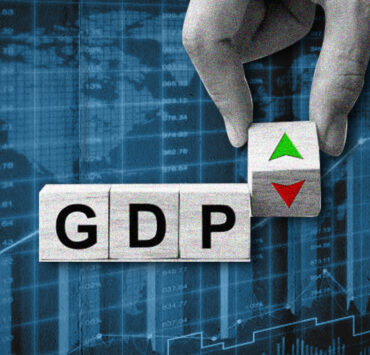

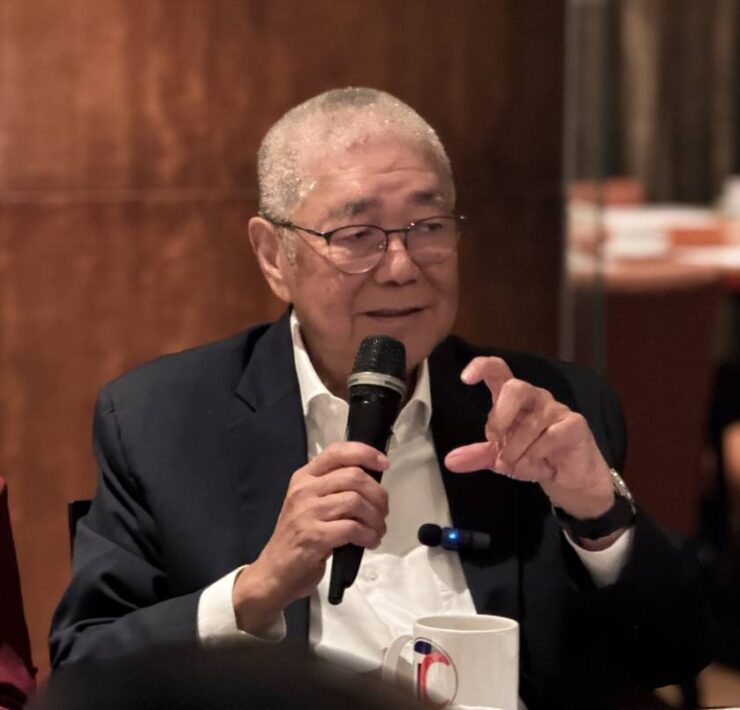
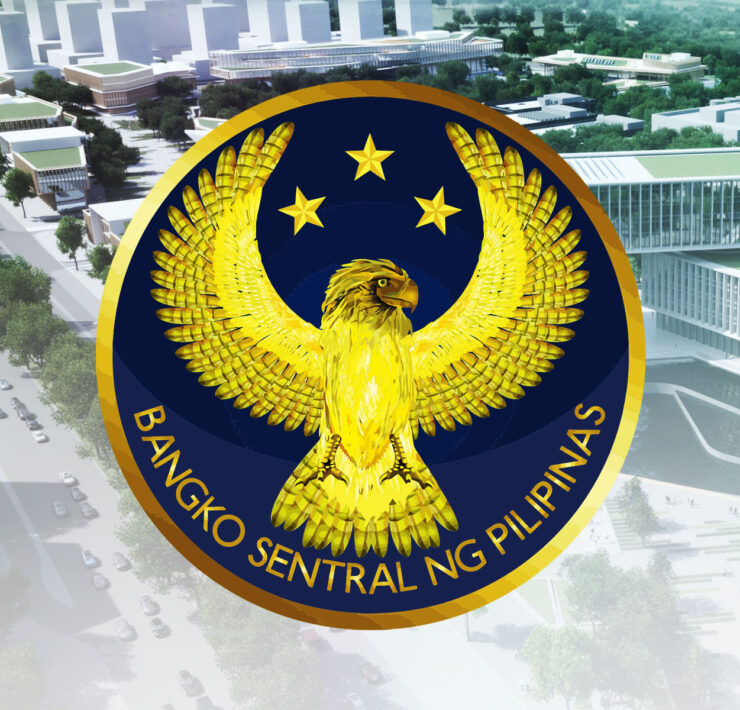
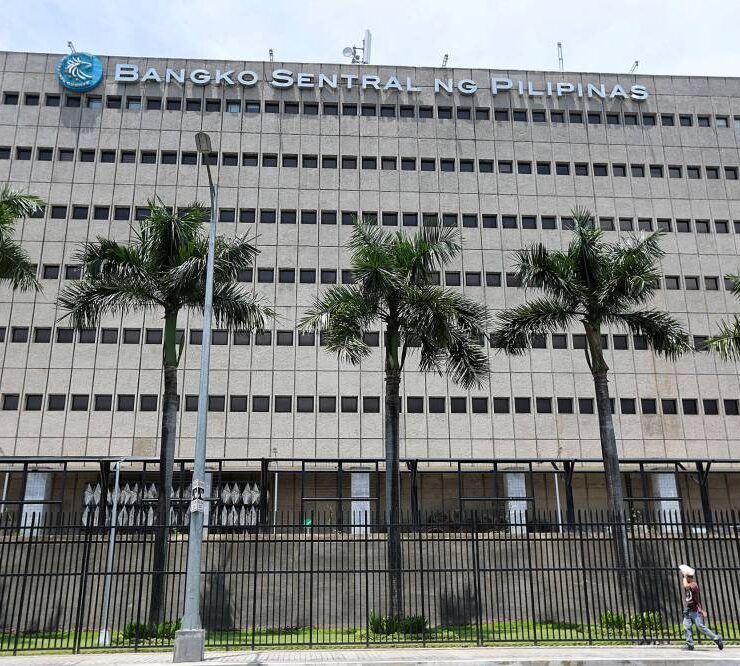


A crisis of flood, food, and failed systems